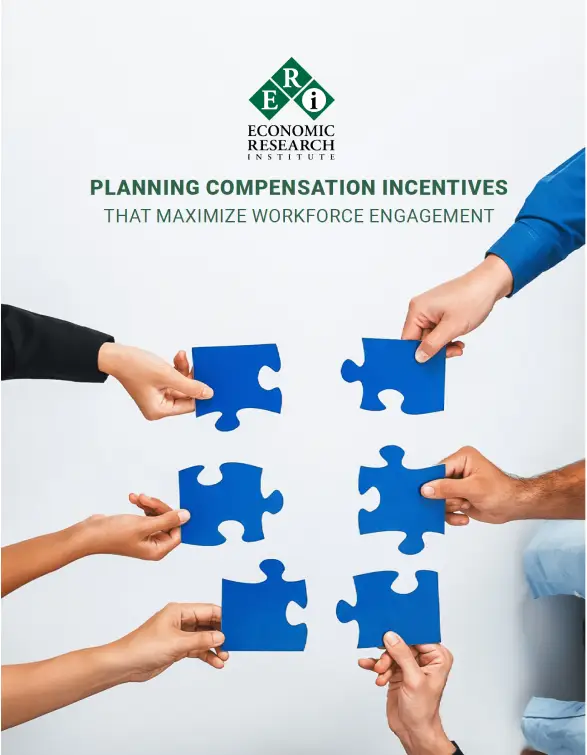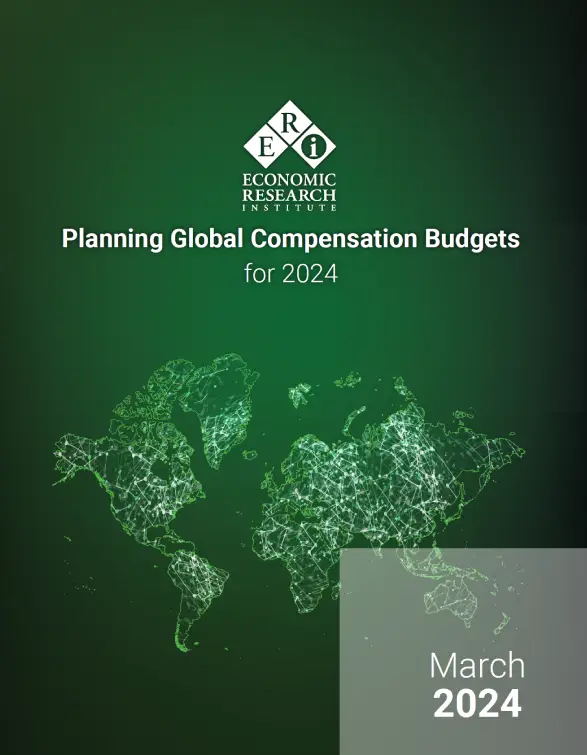Global mobility continues to get more complex as world economies recover from the financial crisis. ERI collects cost-of-living data for over 3,000 international locations outside of North America; thus, we regularly assess, monitor, and track trends from consulting firms and survey results. Below is a brief review of essential issues that our subscribers may find especially interesting.
An Ernst and Young survey, Driving Business Success Global Mobility Effectiveness Survey 2012, notes the disconnect between the strategic goals of global mobility and the frustrations of what happens operationally on a daily basis. Policies and processes have made progress, yet fall far short of being fully effective across the entire range of business needs. Tax compliance and immigration challenges continue for companies. International assignments costs continue to weigh heavily on budgets. Methods to measure costs, the value to the company, or a return on investment are not applied or well understood. Failed assignments and unsuccessful repatriations continue to plague many organizations with less than acceptable retention rates of globally mobile employees. Increasing expansion into emerging markets is proving extremely challenging to existing processes and systems.
A Brookings Global Relocation Services survey quantifies the trends. Almost half of assignees are relocated to or from countries outside of the country in which their headquarters are located. (China, Brazil, and Russia are the most challenging locations for program managers.) Emerging country assignments provide layers of complexity on how to handle compensation, cost of assignment, family needs, cultural and language barriers, and tax and immigration compliance. The top initiatives used to improve international assignee ROI are better candidate selection/assessment; career-path planning to utilize cross-border skills upon return; more effective communication of assignment objectives; better assignment preparation; and mandatory cross-cultural preparation.
Mobility 2020 and Beyond, PricewaterhouseCoopers (PwC) 2012, looks ahead to a highly global, mobile world in which sourcing, organization, and management operate differently than in 2013. The key global issues highlighted include a significant population change and shift, an ageing workforce, and the impending retirement of the baby boomer generation. These forces are set to pose serious challenges for most developed countries and some emerging markets. Further, we currently have three generations in the workplace: the baby boomers, Gen X, and Gen Y (the Millennials), and all three have different values, expectations, and needs. Gen Y, born between 1982 and 2002, have been exposed to the explosive growth in emerging markets in the last 15 years. With global and technological limitations, Gen Y sees a world with no borders or boundaries. Mobility professionals must be in place to manage the political and legal restrictions and framework. The PwC report highlights some of the diverse mobility solutions that are already developing to accommodate the latest business needs, including short-term assignments of less than 12 months, commuting and extended business travel, intra-country mobility, rotational employee programs, and contingent labor. As a replacement for long-term relocation, the traditional “duration-based” assignee role is gradually being superseded by the “purpose-based” mobile worker.
The common mantra remains, “How to get the right people and skills in the right place at the right time?” Global mobility professionals will need to be cognizant of the wide impact that short-term mobility solutions may have on both individuals and organizations. Further, they must be on the alert for the traits and talents needed in employees as the expected norm becomes rapid deployment using an array of assignment types. Understanding what companies need to do to both engage and retain globally mobile talent will play a key role during these changing times of mobility policies and practices.
ERI’s Relocation Assessor® & COL Survey is a desktop software application that compares cost-of-living levels in almost 11,000 areas. HR professionals and consultants utilize this software to calculate relocation bonuses (or salary adjustments) for transferred employees.



